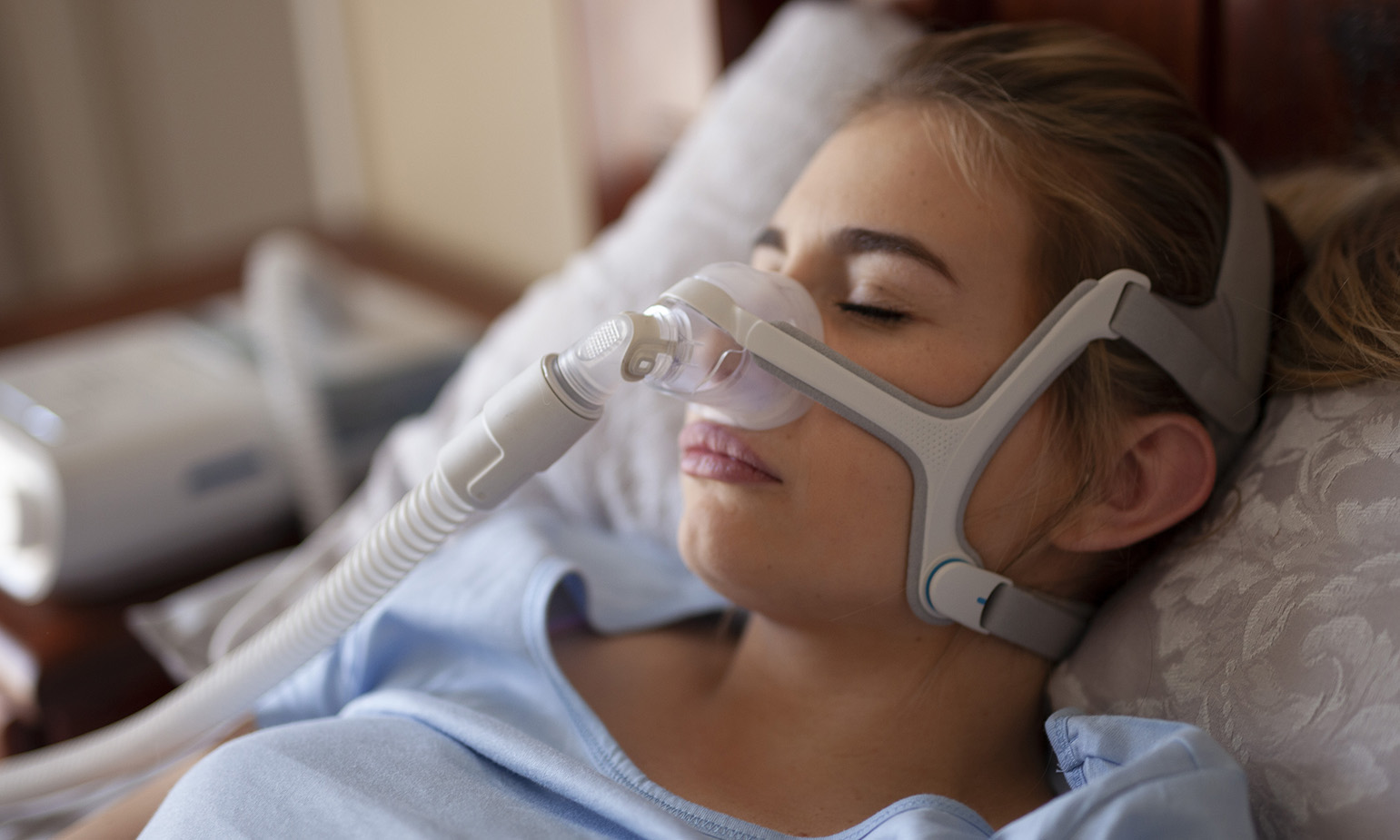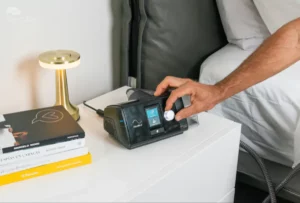If you or a loved one has been diagnosed with sleep apnoea, the prospect of purchasing a Continuous Positive Airway Pressure (CPAP) machine can be daunting. Understanding the critical role of these machines in managing sleep apnoea is essential in finding the right one for your needs. In this guide, we will explore various types of CPAP machines, key features to consider, and tips for ensuring maximum comfort during your sleep.
Understanding the role of CPAP machines in sleep apnoea treatment
Buy CPAP machines play a vital role in delivering a steady flow of air to keep the airways open during sleep. This treatment is crucial for individuals suffering from obstructive sleep apnoea, a condition that causes repeated interruptions in breathing. By maintaining an open airway, CPAP machines help to reduce the risks associated with sleep apnoea, such as heart disease and daytime fatigue.
The science behind CPAP machines involves the establishment of a positive airway pressure that prevents the collapse of the throat muscles. This pressure allows for uninterrupted breathing, leading to healthier sleep patterns. As individuals begin using a CPAP machine, they often experience marked improvements in their overall health and wellbeing.
The science behind CPAP machines
At the core of CPAP technology is the principle of airway pressure modulation. When air is continuously pumped into the airway, it provides a stabilising effect that helps to maintain its openness and prevents obstructions. This scientific foundation serves as the basis for various compartments of CPAP technology, each designed to cater to different needs and preferences.
Furthermore, ongoing advances in technology have fostered highly sophisticated devices that can accurately sense and adjust air pressure, offering improved efficacy and user comfort. Many modern CPAP machines are equipped with features such as ramp settings, which gradually increase air pressure to allow users to fall asleep more comfortably. Additionally, some devices come with built-in humidifiers that add moisture to the air, thus preventing dryness in the throat and nasal passages, which can be a common complaint among users.
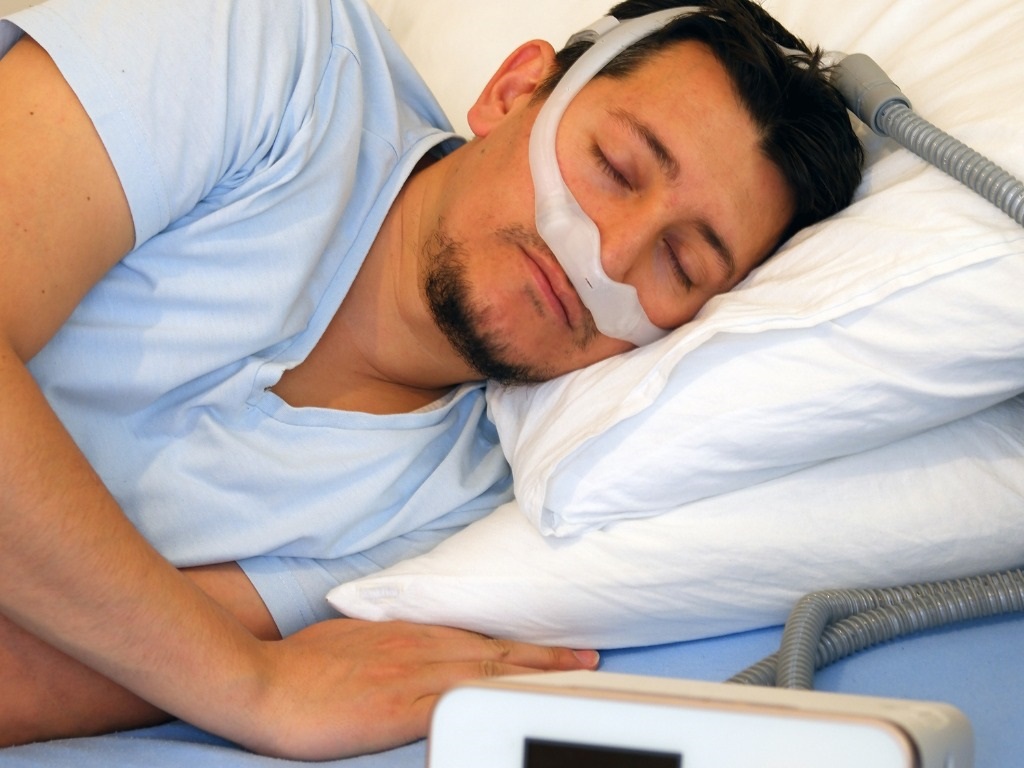
How CPAP machines improve your sleep quality
Using a CPAP machine can lead to considerable enhancements in sleep quality. Patients often report experiencing deeper, more restful sleep with fewer midnight awakenings. Over time, consistent use of the machine helps to normalise sleep patterns, making it easier to feel refreshed and energised upon waking. Better sleep translates into improved cognitive function, mood, and overall health.
Moreover, the reduction in sleep apnoea episodes lowers the risk of contributing factors related to chronic conditions, thereby positively impacting one’s quality of life as a whole. Many users find that their relationships improve as well, as they are no longer plagued by the irritability and fatigue that often accompany untreated sleep apnoea. Additionally, some studies suggest that effective CPAP therapy may even enhance metabolic function, potentially aiding in weight management, which is particularly beneficial for individuals whose sleep apnoea is exacerbated by obesity. This multifaceted impact of CPAP therapy underscores its importance not only in treating sleep apnoea but also in fostering a healthier lifestyle overall.
Decoding the types of CPAP machines
Understanding the different types of CPAP machines available can simplify your decision-making process. Knowing what options are out there allows you to choose the device that best aligns with your unique needs.
Standard CPAP machines
Standard CPAP machines deliver a single, consistent air pressure throughout the night. They are often the simplest and most cost-effective option available. Suitable for those with mild to moderate obstructive sleep apnoea, these machines are user-friendly and require minimal maintenance. However, adaption to the consistent air pressure may present challenges for some users. Many individuals report that the initial adjustment period can be uncomfortable, leading to a reluctance to use the device consistently. To mitigate these issues, manufacturers have introduced features such as ramp settings, which gradually increase the pressure to the prescribed level, allowing users to fall asleep more comfortably.
Auto-adjusting CPAP machines
Auto-adjusting CPAP machines, also known as APAP machines, can vary the pressure throughout the night based on your breathing patterns. This dynamic feature can provide enhanced comfort, as the machine responds to your needs as they change. While these models may be slightly more expensive, users often find their versatility invaluable for achieving optimal treatment results. Additionally, many APAP machines come equipped with advanced data tracking capabilities, allowing users and healthcare providers to monitor sleep patterns and make informed adjustments to therapy. This level of feedback can empower users, giving them a greater sense of control over their treatment journey.
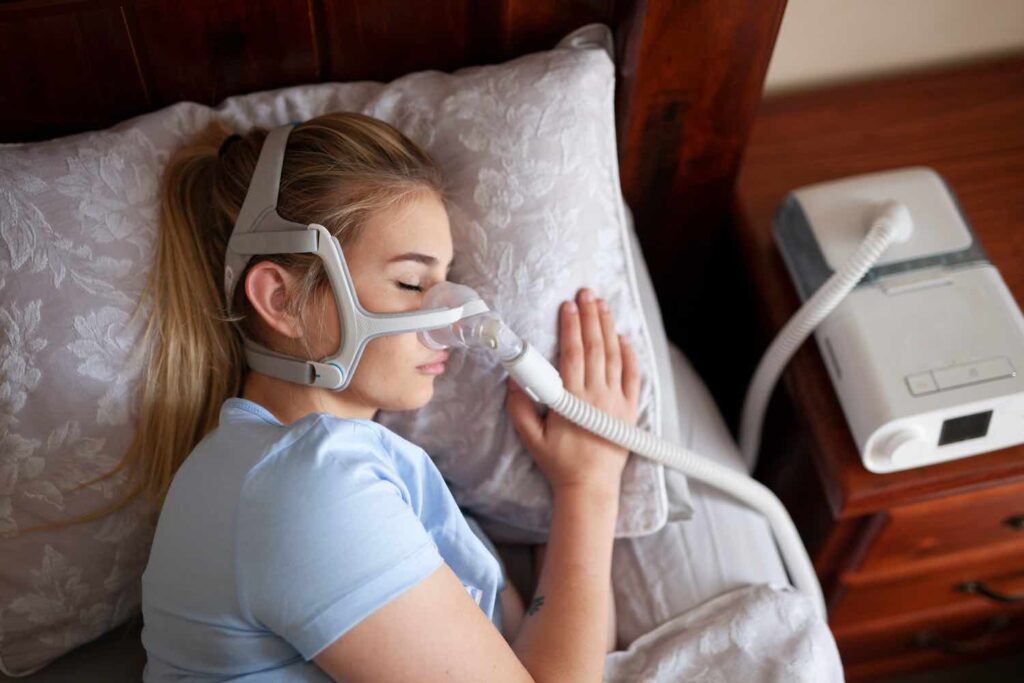
Bi-level positive airway pressure machines
Bi-level positive airway pressure machines, or BiPAPs, differ from both standard and auto-adjusting CPAP machines by offering two distinct pressure settings: one for inhalation and a lower one for exhalation. This can make breathing easier for users, particularly those with more complex cases of sleep apnoea or concurrent respiratory conditions. Though typically pricier, many patients appreciate the increased comfort and efficacy. Furthermore, BiPAP machines are often recommended for individuals who may struggle with the higher pressures of standard CPAP devices, as the lower exhalation pressure can significantly reduce the effort required to breathe out against the airflow. This feature can be particularly beneficial for patients with conditions such as chronic obstructive pulmonary disease (COPD), where managing airflow is crucial for effective treatment. Additionally, many BiPAP machines incorporate humidification systems to enhance comfort, helping to alleviate dryness in the airways that can occur during prolonged use.
Key features to consider when buying a CPAP machine
As you embark on your journey to find the perfect CPAP machine, keeping an eye on essential features can make all the difference in your overall experience. Comfort and usability are paramount, and understanding these specifications is vital.
Noise level of the machine
The noise level of CPAP machines can significantly impact your sleep experience. Some models advertise whisper-quiet operation, while others may emit sounds that could disrupt your slumber. Thus, consider looking for machines that provide detailed specifications concerning their decibel levels, ensuring you opt for a model conducive to a peaceful night’s sleep.
Humidification capabilities
Dry air can lead to irritation and discomfort, making built-in humidifiers an essential feature to consider. A humidifier adds moisture to the air being delivered through the CPAP machine, potentially preventing dryness in the throat and nasal passages. Many models offer adjustable humidity settings, further enhancing your comfort and overall experience.
Portability and size
If you travel frequently, portability should be high on your list of considerations. Look for compact, lightweight models that are easy to pack and transport. Some machines even offer travel-friendly features, such as built-in battery options or easy-to-use travel cases, ensuring you won’t compromise your treatment while on the go.
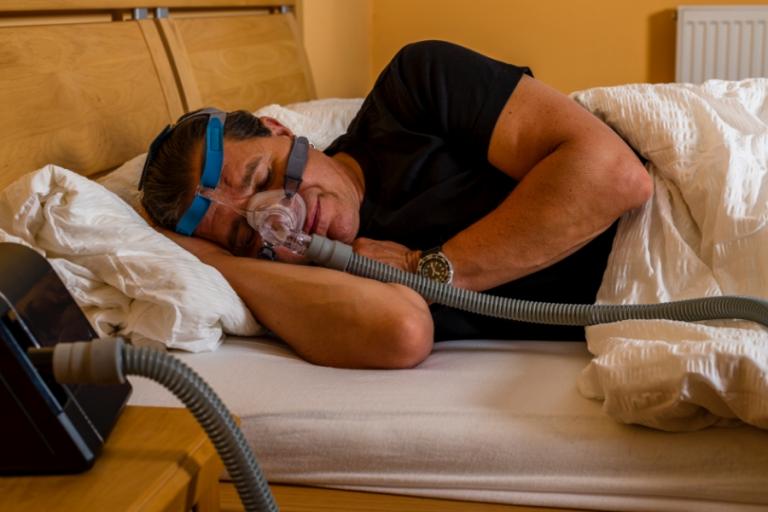
The importance of a good mask fit
The mask is the most critical component of your CPAP setup. An optimally fitting mask directly influences your comfort and effectiveness of the treatment. It’s vital to choose a mask that fits well without excessive pressure on your face while still creating a proper seal to prevent air leakage.
Different types of CPAP masks
CPAP masks come in various styles, including nasal masks, full-face masks, and nasal pillow masks. Each type offers its unique advantages and may cater to different sleeping preferences. Nasal masks are ideal for those who breathe through their nose, while full-face masks are designed for individuals who often breathe through their mouth during sleep. Nasal pillows provide minimalistic support and are known for offering a more open field of vision. Learn more about what to look for when selecting the best CPAP masks for your needs
Tips for achieving a comfortable mask fit
Achieving a snug yet comfortable mask fit is paramount in ensuring the efficacy of your CPAP therapy. Start by selecting the correct mask size based on your facial measurements. Don’t hesitate to experiment with different styles to find one that works best for you. Adjust the straps gently to secure the mask without it feeling too tight, and consider using soft liners for added comfort.
Lastly, pay attention to any potential skin irritations, and don’t hesitate to consult with your healthcare provider if you experience discomfort or persistent issues with your mask fit.
Cleaning and maintenance of your CPAP machine
Regular cleaning and maintenance of your CPAP machine and its components are crucial steps in ensuring both longevity and hygienic operation. Dust, moisture, and bacteria can accumulate, leading to compromised functionality and potential health risks.
Regular cleaning routine for your CPAP machine
Establishing a consistent cleaning routine should be a priority for all CPAP users. Daily tasks may include rinsing the mask and tubing with warm, soapy water and allowing them to air dry. At least once a week, it is advisable to clean the water chamber (if applicable) to minimise build-up of mineral deposits and bacteria.
When to replace parts of your CPAP machine
Over time, various components of your CPAP machine will need replacements to function effectively. Masks should be replaced every three to six months, while tubing and filters may require replacement every six months to a year. Regularly assess the condition of your equipment, and consult with your healthcare provider for guidance on proper maintenance and timely replacements.
By following these guidelines, you can ensure that your CPAP machine continues to provide the comfort and efficacy necessary for better sleep and improved health.
